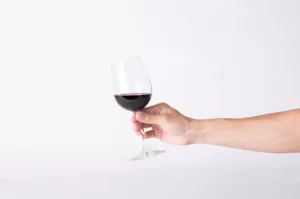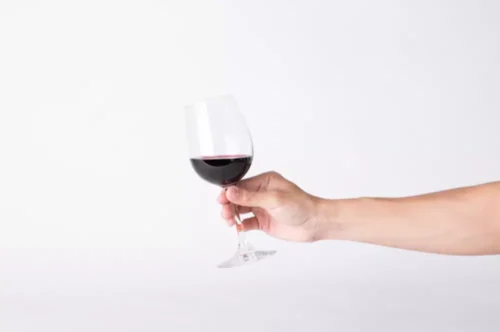
If you answer “yes” to four to five questions, your symptoms align with moderate AUD. If you answer “yes” to six or more questions, your symptoms align with severe AUD. Consult with a licensed mental health professional to further explore AUD. Medical experts now use the term “alcohol use disorder” rather than “alcohol abuse” to address the concern of excessive drinking. Another clue that can be an indication of an unhealthy relationship with alcohol is if you make “rules” around drinking. Whatever your reason to quit drinking, know that you’re doing yourself a favor.
- Milder cases — when people abuse alcohol but aren’t dependent on it — are as well.
- Often, a couple begins a relationship with such shared pleasures like eating out, hiking, going to the cinema etc, but these shared pleasures tend to fall away as drinking plays more of a role.
- Take stock of the routines that have come to play a dominant role in your relationship, starting with when you are first home together, for example when you return home from a day of work.
- Drinkchat is a free online chat service with trained advisors offering confidential advice.
- If that sounds too overwhelming, think of someone you trust who isn’t judgmental and who you can confide in.
Mental Health Services
- According to the CDC, heavy drinking is defined as 15 or more drinks per week for men and 8 drinks or more per week for women (2).
- Alcohol use can have a big effect on the people close to you, so couples or family therapy can help, too.
- A recent study on abstinence versus moderation found that both were potentially positive paths.
- These ‘renovations’ can help support intentions, as they reverse that tendency for lifestyles to revert over time to accommodate drinking.
- Researchers have found that alcohol disrupts normal immune system function, weakening the body’s ability to fight off infections.
Others may want one-on-one therapy for a longer time to deal with issues like anxiety or depression. Alcohol use can have a big effect on the people close to you, so couples or family therapy can help, too. The abstinence stage typically begins right after you stop drinking. So far, there’s no consensus on the medical definition of recovery in alcohol treatment literature. Drink plenty of fluids, but you don’t have to drink just water. Keep it interesting and varied with sparkling water, virgin cocktails (also known as mocktails), fruit juices, low-fat milk, or kombucha.
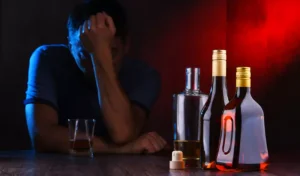
Abstinence stage
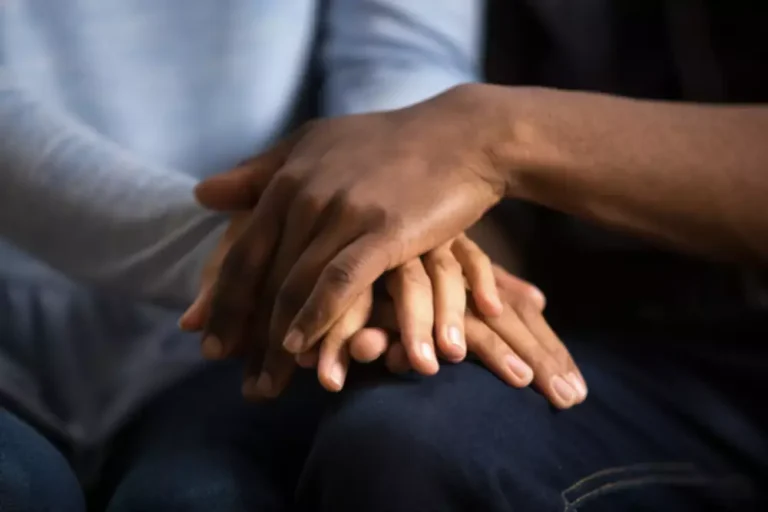
Remove all alcohol from your home or ask a friend or family member to do it for you. This includes beer, wine, and liquor, as well as products that contain alcohol such as rubbing alcohol and vanilla extract. Keep a list of emergency phone numbers on hand that includes contact info for your doctor, the police, How to Stop Drinking a nearby hospital, and someone you trust. And consider joining a support group such as Alcoholics Anonymous.
ways to curb your drinking
Exploring, in writing, what you find difficult and when you most want to drink can help you notice patterns that offer more insight into your alcohol use. Comparing the emotions that come up when you have a drink with the feelings you experience when abstaining also helps you recognize when drinking doesn’t fix the problems you’re trying to manage. Family and friends can provide encouragement and support when you stop drinking. By opening up about your relationship with alcohol, you might also encourage others to explore their own drinking habits. The children who are drinking water that has fluoride, she says, often have a good, solid set of teeth without cavities.
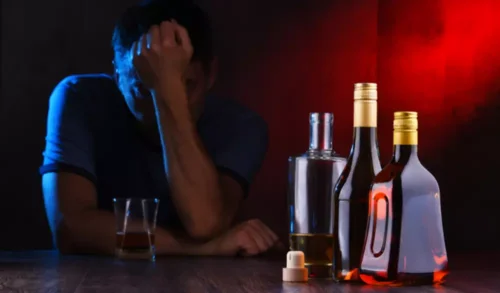
For example, it might be that sweet spot where you enjoy a night out and have a drink https://ecosoberhouse.com/article/alcohol-intolerance-symptoms-and-causes/ with dinner, without worry. The best way to stop drinking is the one that’s most helpful for you. The practical methods and tactics below are some of the ways people find success in quitting alcohol. Residential treatment programs typically include licensed alcohol and drug counselors, social workers, nurses, doctors, and others with expertise and experience in treating alcohol use disorder.
